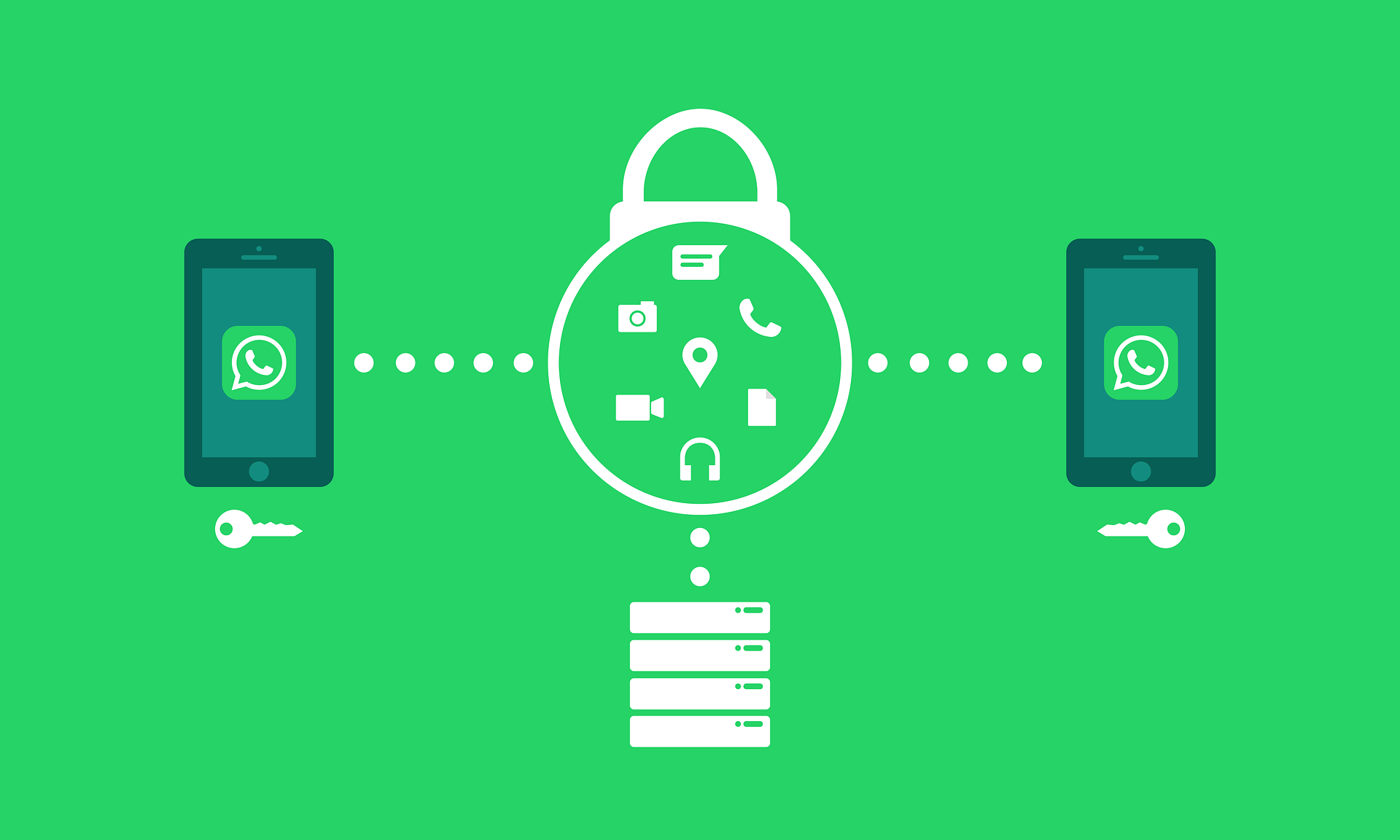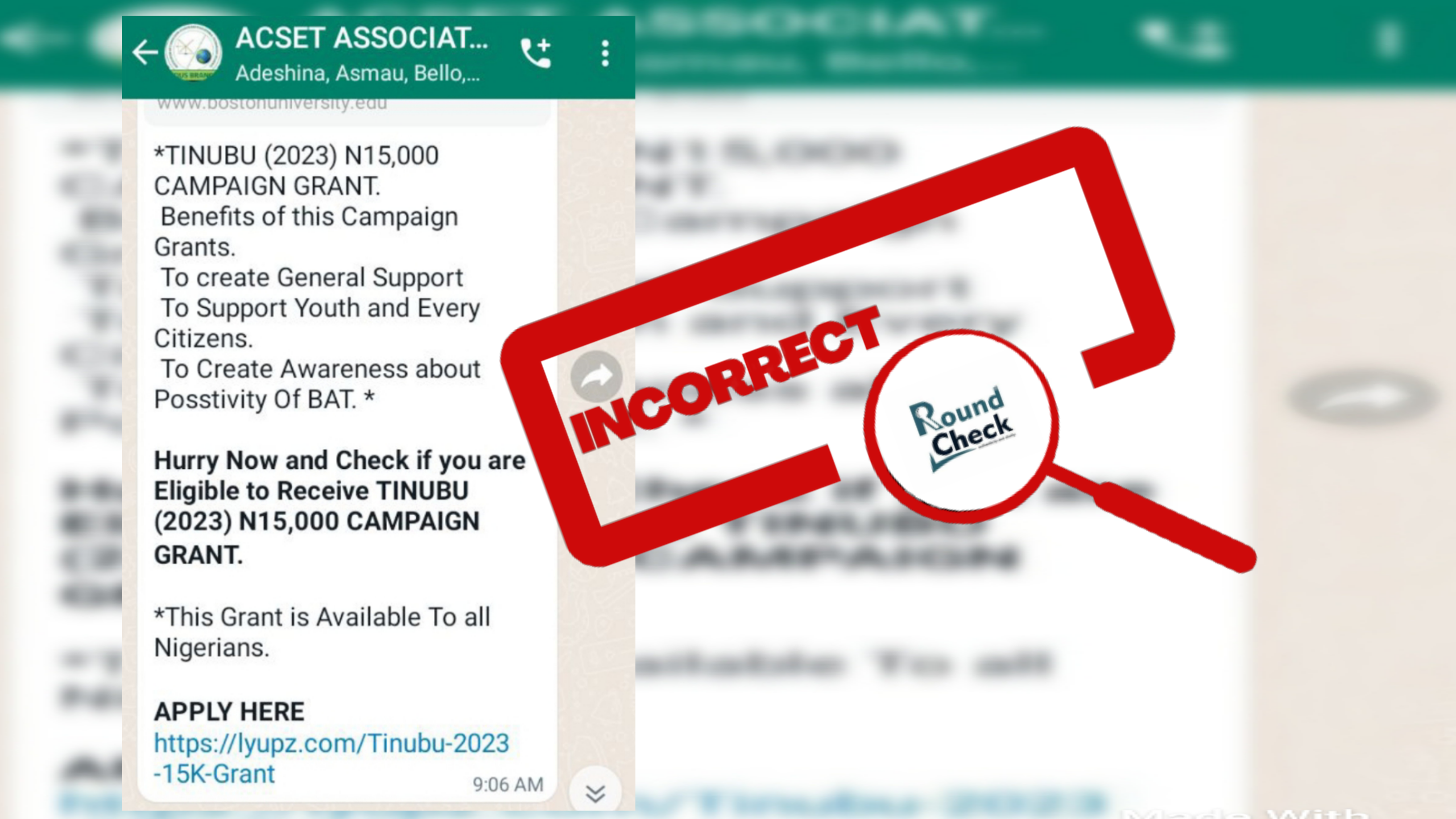|
Getting your Trinity Audio player ready...
|
By Bello Wasiu
Meta-owned WhatsApp is one of the most popular messaging applications for personal and business conversations around the world. It offers a range of features including security to prevent users’ accounts from getting hacked.
These security features ensure that your account stays safe and your private conversations don’t fall into the wrong hands. Yet, this application is not immune to the threats of cyber intrusion.
As the popularity of WhatsApp continues to rise, so does the interest of hackers seeking to exploit unsuspecting users.
‘I deactivated my account’
Oyebade James was shocked when he found out that his WhatsApp account had been hijacked by an unknown user. His close friends and family members were always complaining of receiving messages of fraud and scam schemes.
“I had to deactivate the account to stop the scammer from using my name to collect money from my contact since I could not easily track the person,” he shared.
There are several other methods that hackers are using to gain access to accounts. Some of the most popular methods include malware embedded in spam messages and links as well as calling users to gain access to their one-time-pin (OTP).
Many users like James have fallen prey; they are duped into disclosing their account credentials. Thus users need to know how to protect their accounts from cyber intruders.
ROUNDCHECK compiled some tips to secure your account as recommended by authorities, and experts in the communication sector:
Enable Two-Step Verification
The Nigerian Communications Commission’s Computer Security Incident Response Team (NCC-CSIRT) in an advisory report, recommends that users of WhatsApp should protect their accounts using two-step verification to avoid falling victim to hackers as the App is increasingly becoming a prime target for hackers and scammers who are always looking for ways to gain unauthorized access to users’ accounts.
Two-step verification is an optional feature that adds more security to your account. The two-step verification screen usually pops up after you successfully register your phone number on WhatsApp.
When you enable two-step verification, you can enter your email address. This allows WhatsApp to email you a reset link in case you ever forget your pin and also helps safeguard your account. However, it is important not to share your registration code or two-step verification PIN with others.
Beware of Unauthorized WhatsApp Web Login
If somebody ever accesses your phone without your knowledge, they can easily hack your WhatsApp by connecting to WhatsApp Web on their PC. Anyone can simply scan a QR code using your WhatsApp and get all the chats on their PC.
Thus it is important to ensure nobody has access to your WhatsApp via Web login. On your iPhone, open WhatsApp and go to Settings. Select “Linked Devices” or “WhatsApp Web” from the menu on WhatsApp. Look for any computers that are active or previously logged in. If you do not recognize any of them, select the computer from the screen.
On the next screen, tap “Logout” to remove access to your WhatsApp through WhatsApp Web. Although they would have already seen your chats, you can prevent them from looking at your WhatsApp messages ever again.
Verify End-to-End Encryption
WhatsApp ensures the privacy of your messages through end-to-end encryption, meaning only you and your friend can read your conversations. The messages are transformed into a secret code for transmission, making them secure over the internet.
To alleviate concerns about potential monitoring, users can manually verify the encryption security code with their contacts. By accessing the Encryption option in a chat and comparing security codes through QR code scans, users can confirm the privacy of their messages.
Any discrepancy in the codes could indicate a message reaching the wrong recipient. It is essential to note that these security codes may change during phone switches; WhatsApp reinstalls, or account changes, emphasizing the need for occasional verification to maintain message confidentiality.
Do Not Share OTP with Anyone
One-time passcodes, or OTPs, play a crucial role in verifying phone numbers online, including when setting up or signing in to WhatsApp. Unfortunately, individuals attempting to compromise your WhatsApp account may try to deceive you into revealing your OTP.
It is crucial to heed the common advice: “Do Not Share OTPs.” Falling for scams where someone requests your OTP can seriously jeopardize your WhatsApp security.
If a hacker successfully signs in using the obtained OTP, you’ll be immediately logged out of your phone. Imagine the difficulty if the intruder sets up Two-Step Verification on your account.
To prevent such scenarios, enable Two-Step Verification yourself and safeguard your WhatsApp account. Remember, no legitimate entity will ask for a code sent to your mobile number.
Enable WhatsApp Screen Lock
If you have the habit of leaving your phone unlocked on the work desk or somewhere, chances are others can easily check your WhatsApp without your knowledge.
A screen lock for WhatsApp will prevent this by asking for the screen lock password or PIN. You can enable the screen lock for WhatsApp using Face ID or Touch ID on your iPhone or Android.
Deactivate WhatsApp if the Phone Is Stolen
What if your phone is stolen? If you had an Android phone, chances are the person who snatched your phone could unlock it with some techniques. Your data may get compromised, so will your WhatsApp chats.
The best way to avoid this, is to deactivate your WhatsApp when it is stolen. If you are wondering how you can deactivate your WhatsApp account remotely, there is a perfect workaround.
Simply log in to your WhatsApp on a new device. This will deactivate and log out the WhatsApp from your stolen phone.
While implementing the aforementioned precautions in safeguarding your WhatsApp, their effectiveness hinges on the overall security of your smartphone.
Even with robust measures in place, if your smartphone falls prey to spy tools or other compromising tools, it becomes a vulnerable point of access. Intruders could gain access to your chats, calls, and even call recordings.
It is imperative to set a secure device code and remain vigilant about who has physical access to your phone. Unauthorized individuals with physical possession of your device might exploit this opportunity to access your WhatsApp account without your consent.








